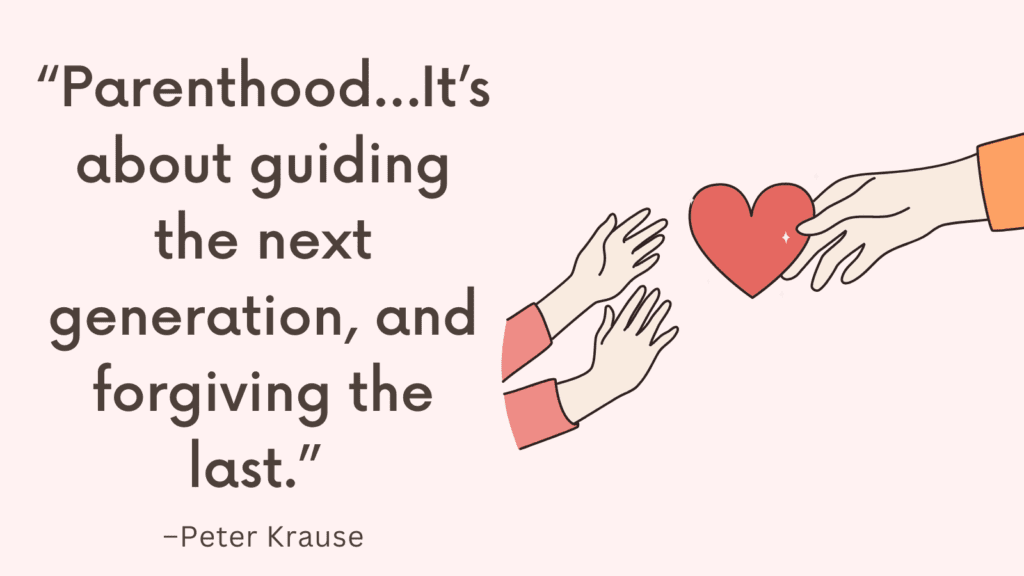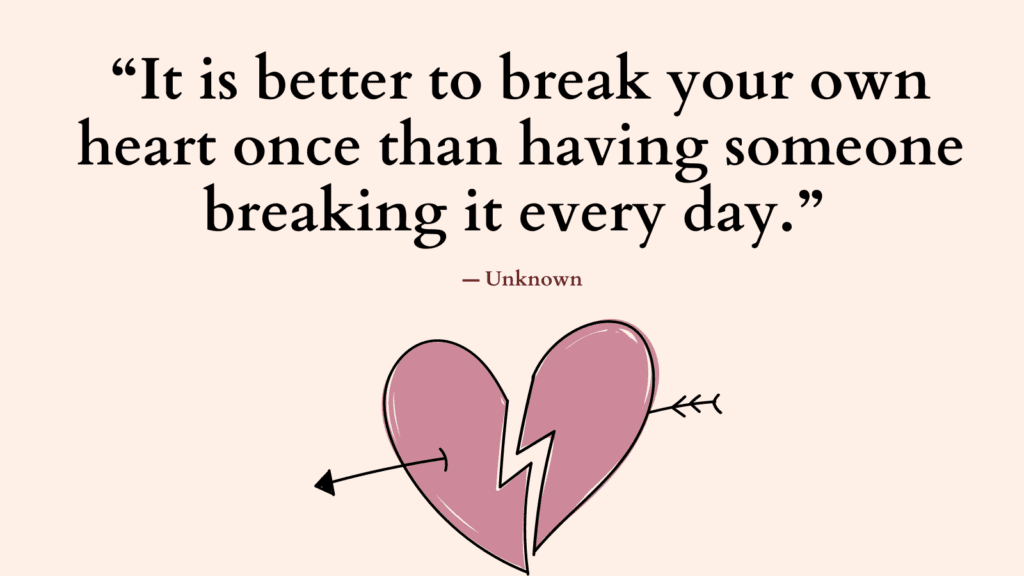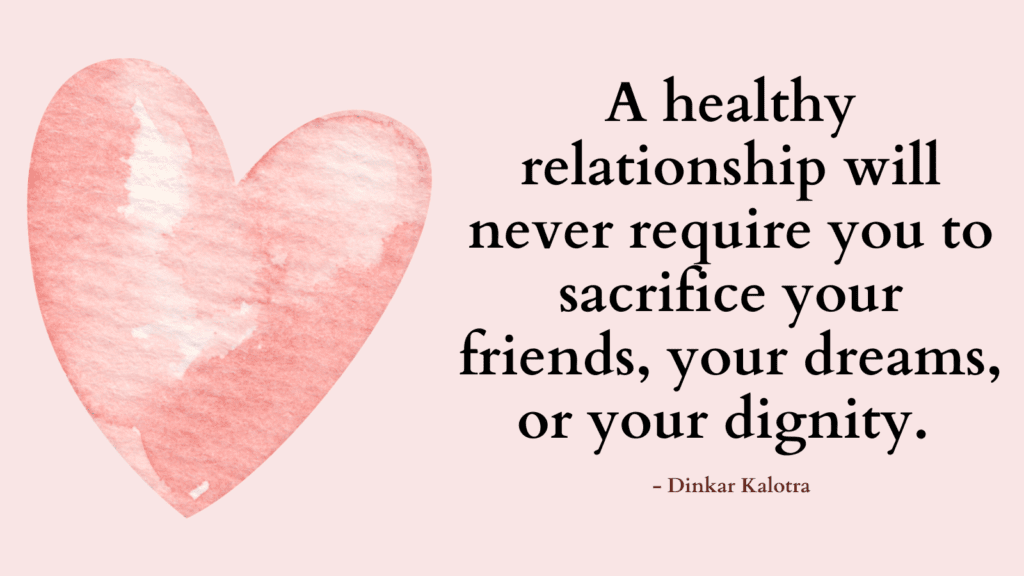Today, you’ll learn all about children’s bill of rights in divorce along with helpful tips on how to make divorce easier on children.
Divorce is difficult in its own.
But when children are involved, it’s even more difficult and complicated.
Children can carry their own burden about the divorce. They don’t want their parents to separate and are confused and afraid, wondering “What’s going to happen to me?”
Dealing with your child’s feelings can be an additional challenge for you. But no matter how overwhelming it might seem, you still can be a happy and healthy family in the aftermath of a divorce.
What Is Children’s Bill Of Rights In Divorce?
The Children’s Bill of Rights in Divorce is a set of guidelines that promote the best interests of children when their parents go through a divorce or separation. These rights aim to ensure that children are given the care, support, and love they need during this challenging time.
Children’s Bill Of Rights In Divorce
A Children’s Bill of Rights in divorce typically includes the following:
1. The right to love and be loved by both parents without feeling guilt or pressure.
2. The right to be shielded from parental conflicts, arguments, and involvement in the divorce process.
3. The right to maintain a stable and consistent relationship with both parents, as long as it is safe and healthy.
4. The right to have input in decisions that affect their lives, such as custody arrangements or visitation schedules, taking into account their age and maturity level.
5. The right to be protected from any form of physical, emotional, or psychological abuse or neglect.
6. The right to spend quality time with both parents separately and together, creating positive memories and experiences.
7. The right to receive adequate financial support for their needs, including education, healthcare, and basic necessities.
8. The right to express their feelings and be listened to without fear of judgment or repercussion.
9. The right to maintain relationships with extended family members, such as grandparents, aunts, uncles, and cousins, if it is in their best interest.
10. The right to a peaceful and healthy environment, free from constant conflict or hostility.
It’s important for divorcing parents to consider these rights and prioritize the well-being of their children throughout the divorce process.
Parents should encourage open communication, cooperation, and respect, aiming to create a nurturing environment that supports their children’s emotional and developmental needs.
How A Child Feels When Parents Get Divorced?
Children personalize everything around them. They don’t understand that a divorce is not about them. They also feel the loss of the family unit, no matter how much care and unconditional love they receive.
Therefore, it’s important for you to take your child’s well-being into consideration while still being a guiding parent.
Below are some rules to follow to help your child feel secure and cared for:
Top 7 Tips On How To Make Divorce Easier On Children
#1. “How To Talk To My Child About Divorce?”
Sit with your child and assure him that what is going on is not about them and that Mom and Dad will always love him no matter what.
If your child asks what went wrong, don’t get into specifics and respond in broad terms, like, “Mom and Dad cannot live together peacefully.” If your child is older, explain that when a situation is no longer healthy, it needs to change.
Your child might need time to process what you are telling him, so don’t expect a response and let him know that you are there if they needed to talk about it. Offer him a counselor, if he wanted to talk to someone else.
If your child had a response, be prepared. He might have lots of questions. Assure them that it’s no one’s fault, that sometimes things like these happen. Allow your child to express his emotions without taking it personally. But if his reactions seem too extreme to you, seek professional help.
Related: Top 30 Affirmations After A Break Up (+FREE Breakup Worksheets)
#2. Monitor Yourself And Model Healthy Behavior
When his parents aren’t getting along, a child can sense the tension and changes in his environment.
Your child knows and understands more than he lets on. This is why you need to watch what you say and do when you’re around him. Don’t try to use euphemisms that you believe will go over his head. He might not understand but he’s taking it all in.
Model healthy behavior for your child by acting in ways you want him to act. Impress on him self-respect, healthy communication, boundaries, and values.
When a family member moves out, the remaining family becomes a “new” family. This is a good opportunity to make healthy changes and strengthen your family bond.
Ask your child for input into the new rules and procedures. Talk about how to handle chores, meals, and outings. Let your child participate and come up with ideas for fun things you can do together.
Give encouragement and express your appreciation when you notice that your child has improved or helped out.
Your child needs reassurance that his world is secure and orderly more than ever before.
Related: Best 17 Tips On How To Cope With Divorce When You Still Love Him
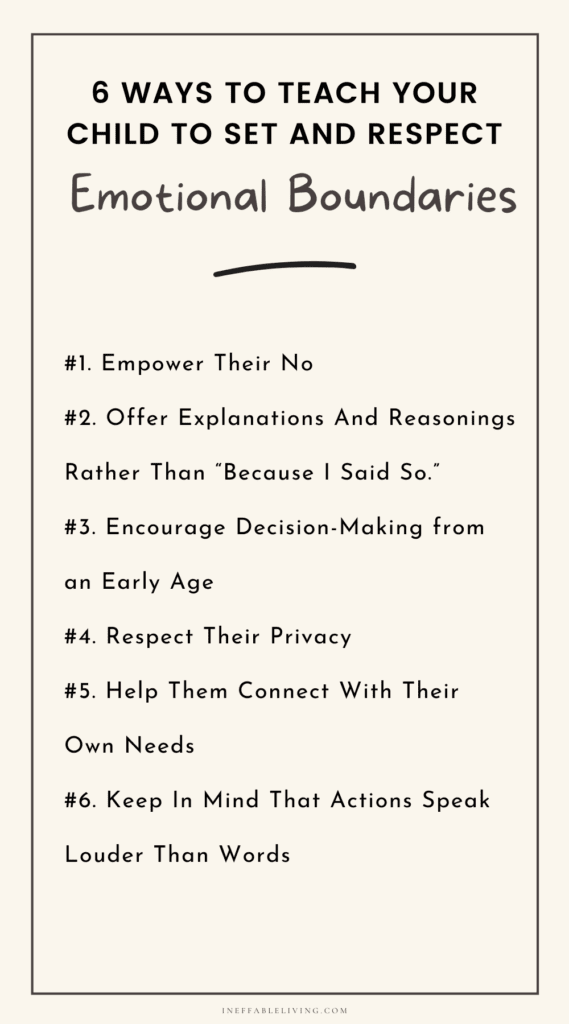
#3. Remember That Your Ex Is Still Your Child’s Parent
After a divorce, many parents would put their children in the middle. They would say horrible things about each other and this might go for many long years.
Treat your ex as a business partner and avoid any personal exchanges. Be civil to your ex, especially in front of your child. Don’t bad-mouth him and try to find some middle ground where you can agree on visitation exchanges.
If your ex is being uncooperative, ask for court intervention rather than trying to enforce visitation yourself.
If you’re angry and feeling like you have unfinished business, don’t take it out on your ex. Instead, take it to a therapist.
Keep in mind that there will be questions that won’t be answered. Set boundaries, let go, and don’t fight about little things. Choose your battles wisely.
Related: Finding Peace After A Toxic Relationship In 5 Steps
#4. Wait To Introduce Your Child To New Partners
It takes some time for your child to adjust to his new world, where his parents are no longer together. It’s also difficult for children, in general, to see their parents with new people. Therefore, you might consider waiting for a while before introducing a serious relationship to your child.
It’s hard to define a time frame for introducing someone new to your child. Everyone is different and adjusts to new situations at different rates. But experts suggest waiting at least a year from your separation, for young children. For older children, six months to a year can is reasonable.
Your child is going to need some time to process your separation and have you for himself before they get introduced to someone new.
It’s even advisable for you to wait for a while before dating again. It’s important to take time for yourself to grieve your loss and build your own life.
Your child might not like the idea of someone replacing his father, so he might express his disapproval directly or indirectly by making rude comments when your date is around. In this case, you need to set boundaries and remind yourself that you’re entitled to a nice life, including dating again.
Related: Dating A Divorced Man? The Ultimate Guide to Deal With Challenges of Dating a Divorced Man
#5. Give And Get Child Support
Many people believe that child support is too much. But in general, child support doesn’t even represent 50 percent of what it takes to raise a child. So if you’re the noncustodial parent, pay your child support.
If your ex is hiding income or inflating expenses, don’t try to resolve it on your own or get your child involved in it. Rather, seek the courts for help.
If you are the custodial parent, ask for child support. It’s your child’s money and you need to take it. At the same time, share financial responsibility if you have income and are able to support your child.
Related: Best 9 Tips On How To Receive More In Life And Relationships?
#6. Continue To Be a Parent To Your Child
After a separation, it’s common for some children to become out of control and disrespect or take advantage of their parents. This is when you need to be a parent and set rules, boundaries, and consequences.
If your child is misbehaving, observe the way you are modeling for him and how you are behaving toward him. Have you become more lenient because the other parent is the strict one? Are you allowing your child to misbehave and disrespect you out of guilt?
This is the right time to review and revise your approach to parenting. Your child needs to know that you are in charge, that his world is still secure.
It’s important to set in guidelines and limits for your child and do not let these guidelines and limits be compromised. If you need to say “no”, say it firmly and don’t let it turn into yes.
No matter how angry your child is, you must insist that he treats you with respect. This will teach him that what happens in life can never be an excuse to disrespect others.
At the same time, let him know that he’s entitled to all of his feelings and that it’s okay to feel negative feelings, but it’s never okay to act out on them.
#7. Your Child Always Appreciates Quality Time
It’s important to spend quality time with your child, especially after a divorce. This will help you strengthen your bond and assure the child that he’s loved and that the world is still secure and safe.
Find what your child likes to do most and do it together. Give hugs and say “I love you” often, your child needs to hear you say the words – repeatedly and over an extended period of time.
Related: Am I Ready To Be In A Relationship Quiz (+Best Dating Tips For Women)
How to Raise a Secure Child?
Raising a secure child doesn’t mean you have to give them everything they could ever want or that you need to spoil them or protect them from getting upset by life.
It also doesn’t mean that you need to be perfect as a parent in order to foster secure attachment in your child.
Ed Tronick, a pioneer in the field of developmental psychology, found that we need to be in attunement with our loved ones just 30% of the time.
This doesn’t mean that you get to be a terrible parent the other 70% of the time. Rather, it’s a message that we can do our best and that would be good enough.
Secure attachment is attunement. It reflects an environment that creates basic trust.
Here are the main markers of secure attachment:
Protection
This is when the child feels taken care of and watched over by their parents, who pay attention to what they’re doing and who they’re hanging out with.
When the parents provide the child with a sense of being protected, it helps the child learn how to take care of themselves as they mature.
Presence and Support
For the child, to be supported means that they have compassionate parents who are on their side and they can completely depend on.
The parent is present in their lives and understands them.
Autonomy and Interdependence
The child begins to develop autonomy when they receive protection and support from their parents, but not to the degree that they monitor every detail of their lives.
The child feels free to explore the world while knowing that when they come back home, their parents will be there for them.
Relaxation
Children love it when their parents play with them and have fun together. They need to be able to let down their guard and feel relaxed.
This happens naturally when their relationship with their primary caregivers is characterized by play, fun, and lightness.
Trust
Trust is a conviction that the world is a predominantly good place, that other people are fundamentally good and well-meaning, and that even in the darkest times, goodness will prevail.
Resilience
When the child develops a sense of trust, they grow up more optimistic and resilient.
Resilience refers to the ability to recover and bounce back from hardships, using our resources be it the assistance of others, or our own internal support. By doing this, we learn to trust ourselves and the world even more.
Parenting Can Be Tough: Ask for Help
If you need help ask for it. If you need to take parenting classes, read parenting books, or see a therapist to resolve some issues you’re facing, go for it and don’t feel embarrassed. It’s the best investment for your child.
Related: How To Prevent Narcissism In A Child? 7 Ways to Make Sure You Are Not Raising a Narcissist
FREE Breakup Worksheets PDF
Conclusion
Post-divorce can be a tough time for you and your child. But you can get through this as a family and even emerge stronger as a result.
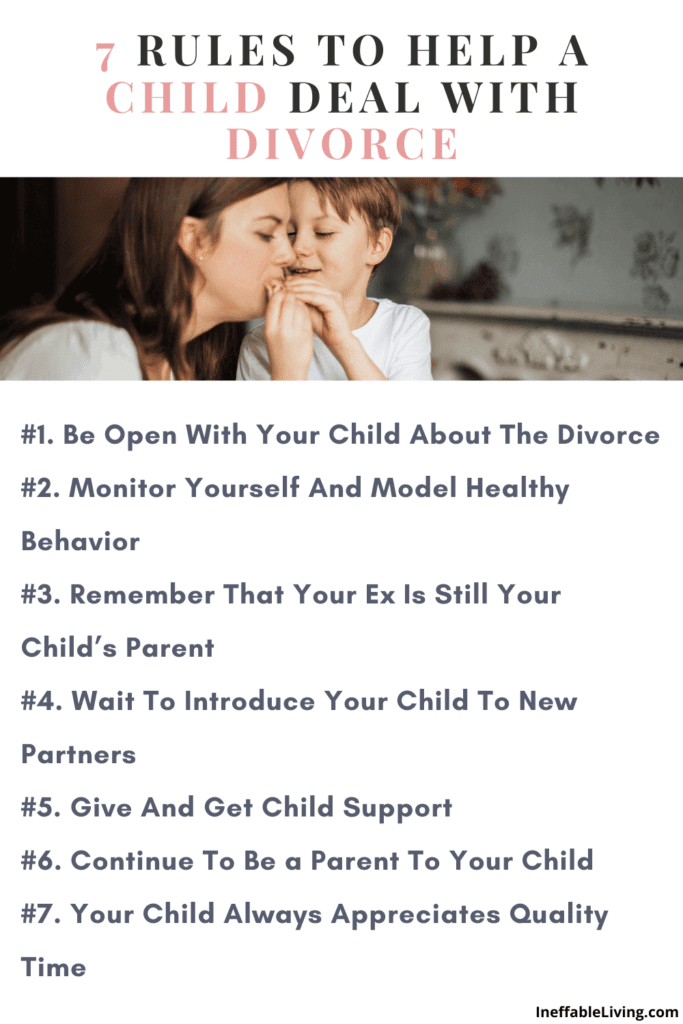
Resources
Portions of this article were adapted from the book Getting Past Your Breakup, © May 2009 by Susan J. Elliott. All rights reserved.
